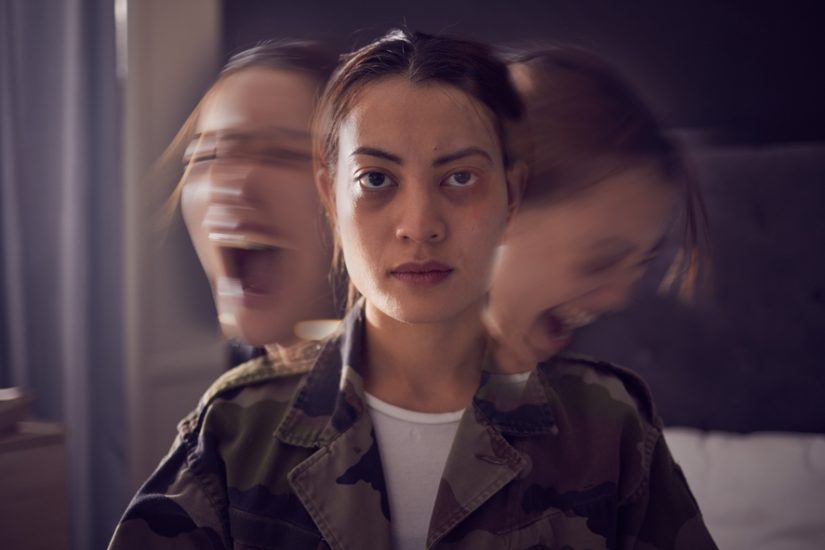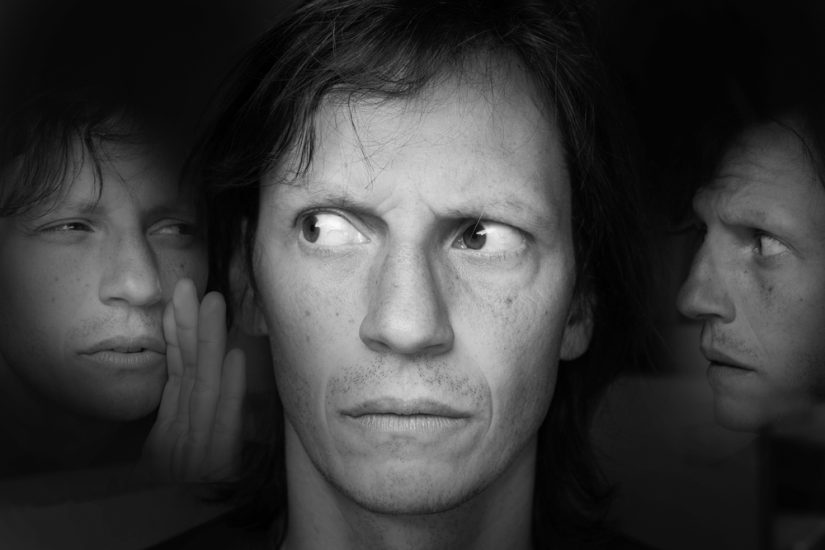- August 15, 2023
- by Shalini Murmu
- Schizophrenia
When it comes to mental health disorders, schizophrenia is one that has garnered considerable attention due to its complexity and the wide range of symptoms it presents in different people. Among these symptoms, hallucinations are often associated with schizophrenia, but does every single person with schizophrenia always experience hallucinations?
People with schizophrenia experience a range of symptoms that affect a person’s thoughts, emotions, and behaviors for a long time. It’s also a fact that not everyone with schizophrenia goes through the same set of symptoms, and the severity can vary significantly from person to person. The symptoms are often categorized into three main clusters: positive symptoms, negative symptoms, and cognitive symptoms.
Schizophrenia Symptoms Spectrum
Positive Symptoms
Positive symptoms are the ones that most people associate with schizophrenia. This category encompasses hallucinations, delusions, disorganized thinking, and irregular or abnormal motor behavior. Hallucinations, in particular, can entail sensory occurrences that appear genuine yet lack a basis in reality. These sensory occurrences can take the form of auditory perceptions (such as hearing voices), visual sensations (like seeing nonexistent things), tactile feelings (experiencing sensations that are absent), olfactory sensations (detecting odors that don’t exist), or gustatory sensations (tasting flavors that are not present).
Negative Symptoms
Negative symptoms pertain to a reduced or absence of regular functioning. These include a decline in motivation, a lack of emotional expression, decreased engagement in social interactions, and challenges in deriving pleasure (referred to as anhedonia). Negative symptoms are occasionally misinterpreted as signs of depression or other mood-related disorders.
Cognitive Symptoms
Cognitive symptoms impact an individual’s capacity to think coherently, retain information, and reach decisions. These signs of schizophrenia can be understated and often overlooked. Individuals dealing with schizophrenia might encounter difficulties in maintaining focus, retaining memories, and navigating problem-solving tasks.
Hallucinations–Just One Piece Of The Puzzle
Countering the prevailing misunderstanding, it’s important to note that not every person grappling with schizophrenia encounters hallucinations. While hallucinations constitute a notable aspect of positive symptoms, they do not entirely describe them. Studies indicate that around 70-80% of people with schizophrenia might undergo hallucinatory episodes at certain junctures in their lives. This leaves a substantial portion of people who remain devoid of such hallucinatory events.
The Heterogeneity of Schizophrenia
Schizophrenia is a heterogeneous disorder, signifying that it presents itself in diverse ways among different individuals. Each person’s experience of schizophrenia is unique, and their symptoms can vary widely. Some might have primarily positive symptoms, while others may struggle more prominently with negative symptoms, and some might exhibit a mix of different symptom types. This heterogeneity underscores the importance of recognizing the full spectrum of the disorder and dispelling the misconception that hallucinations universally characterize schizophrenia.
Exploring The Factors
Whether someone’s dealing with schizophrenia and having those hallucination episodes can be influenced by a bunch of factors. Elements like genes, the environment lived in, how the brain’s chemicals work, and how all these things interact can shape what symptoms one may have. Neuroimaging studies have revealed that brain structural and functional differences contribute to the variability in symptom presentation.
Treatment And Management
The treatment and management of schizophrenia involve addressing the diverse range of symptoms that people might go through. To manage positive symptoms like hallucinations and delusions professionals commonly prescribe antipsychotic medications. However, these medications may not be as effective for negative and cognitive symptoms. Psychosocial interventions, such as cognitive-behavioral therapy, social skills training, and family support, play an important role in improving overall functioning and quality of life.
Challenging Stigma And Misconceptions
The misconception that all individuals with schizophrenia hallucinate perpetuates stigma and misunderstanding about the condition. It’s important to challenge these stereotypes and gain a more accurate understanding of what schizophrenia is all about. People often face discrimination and isolation due to misunderstandings surrounding their condition. By acknowledging the complexity of schizophrenia and how diverse it really is, we can work towards reducing stigma and creating a more compassionate and inclusive environment.
North America Behavioral Health Services
Got someone close who’s dealing with hallucinations and other symptoms related to schizophrenia? Check out North America Behavioral Health Services, your online mental health experts, ready to walk with you through your mental health journey. As dedicated online mental health consultants, they are equipped to provide comprehensive guidance and assistance to connect with mental health centers in your city. Our expertise can be a valuable asset as you navigate the challenges and complexities of any mental health condition.
















